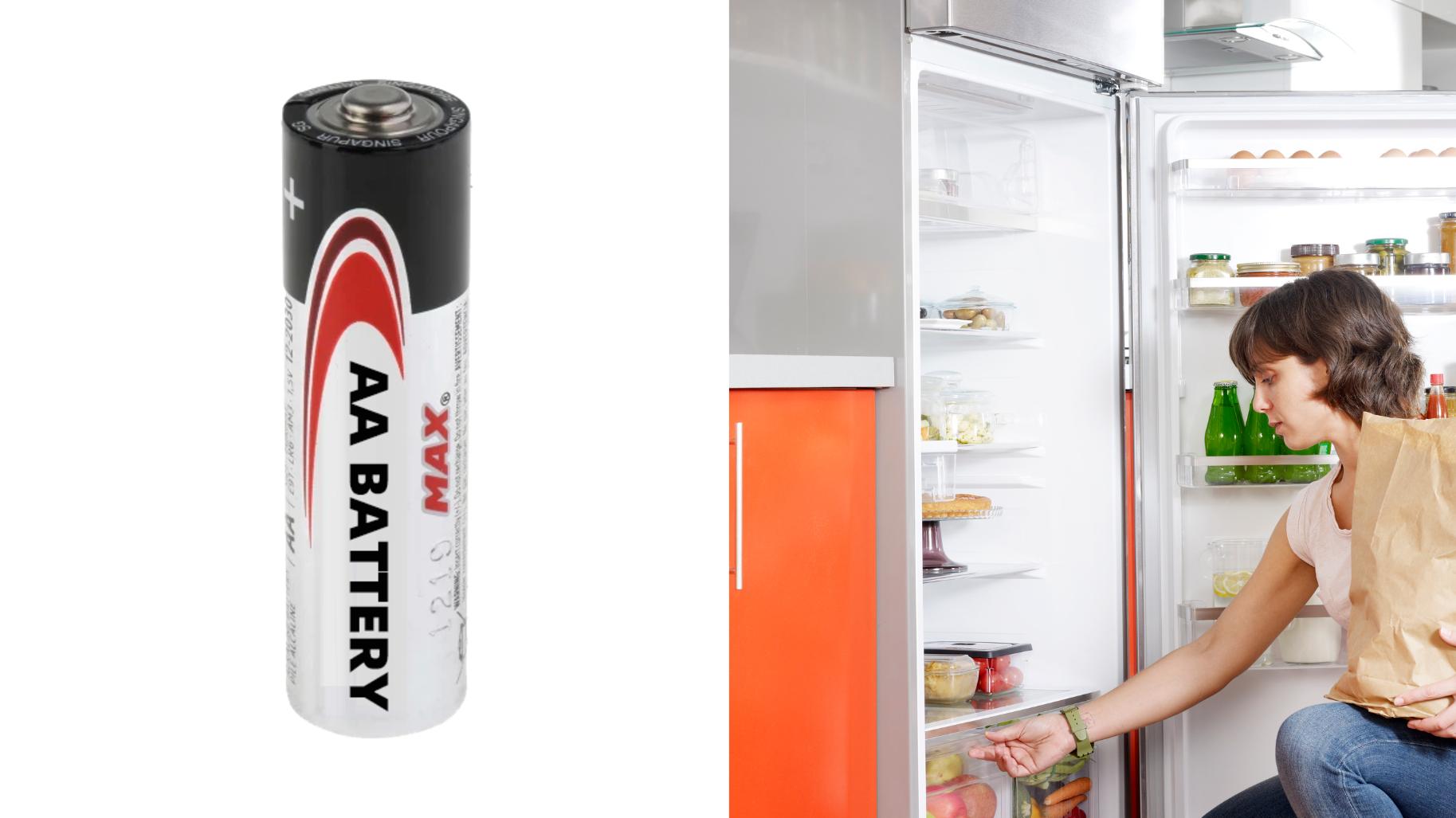Yes, AA batteries can freeze, especially if exposed to extreme cold conditions for prolonged periods. When temperatures drop below 32°F (0°C), the electrolyte inside alkaline batteries can freeze, leading to reduced performance or complete failure. It’s essential to store batteries properly to maintain their functionality.
Understanding AA Batteries and Temperature Effects
What Happens to AA Batteries in Cold Weather?
Cold temperatures can significantly affect the performance of AA batteries. As the temperature decreases, the chemical reactions necessary for battery function slow down, leading to a reduction in capacity and voltage output. For example, at freezing temperatures, battery capacity can decrease by up to 20%.
Can AA Batteries Freeze?
While it is technically possible for AA batteries to freeze, it typically requires extreme cold conditions. Alkaline batteries can start to freeze at around 0°F (-18°C), depending on their specific electrolyte composition. However, most household batteries are designed to operate effectively at room temperature.
| Temperature Range | Effect on Battery Performance |
|---|---|
| Above 32°F (0°C) | Normal operation |
| 32°F to 0°F (0°C to -18°C) | Reduced capacity (up to 20% loss) |
| Below 0°F (-18°C) | Risk of freezing and failure |
Effects of Freezing on Battery Performance
Impact on Capacity and Functionality
When AA batteries freeze, their internal electrolyte can become less conductive, severely impacting their ability to generate power. This may result in:
- Reduced capacity: The battery may not hold a charge as effectively.
- Voltage drop: The output voltage may decrease below usable levels.
Risks of Freezing AA Batteries
Freezing can lead to several risks:
- Physical Damage: The expansion of frozen electrolyte can cause battery casings to rupture.
- Shortened Lifespan: Repeated freezing and thawing cycles can degrade battery materials over time.
Best Practices for Storing and Using AA Batteries
Optimal Storage Conditions
To ensure that your AA batteries maintain their performance:
- Store them at room temperature (around 68°F or 20°C).
- Keep them in a dry environment to prevent corrosion.
- Avoid exposing them to extreme temperatures, both hot and cold.
Tips for Cold Weather Usage
If you need to use batteries in cold conditions:
- Warm them up before use: Hold them in your hands or store them close to your body temporarily.
- Use insulated cases: Keeping batteries insulated can help maintain their temperature.
- Avoid using partially charged batteries: Fully charged batteries perform better in cold conditions.
Common Myths About Freezing Batteries
Many people believe that freezing batteries will prolong their life by slowing down self-discharge rates. However, this practice is generally not recommended due to the potential risks involved, including physical damage and reduced performance.
Latest News in Battery Technology
Recent studies have shown that advancements in battery chemistry are improving performance in extreme temperatures. New lithium-ion formulations are being developed that offer better resilience against cold weather, making them more suitable for outdoor applications and devices used in harsh environments.
Redway Expert Comment
“While some users may think that freezing batteries helps extend their lifespan, it’s crucial to understand the risks involved. Instead of storing batteries in the freezer, keep them at room temperature and use them regularly for optimal performance.
Frequently Asked Questions (FAQ)
Q: Can I store my AA batteries in the freezer?
A: No, it is not recommended as freezing can damage the batteries and reduce their performance.Q: What happens if I use a frozen battery?
A: Using a frozen battery may lead to poor performance or complete failure due to frozen electrolyte.Q: How should I store my batteries for best results?
A: Store them at room temperature in a dry place away from extreme temperatures.
Know more:
best aa battery for cold weather
low temperature aa batteries
can aa batteries freeze



